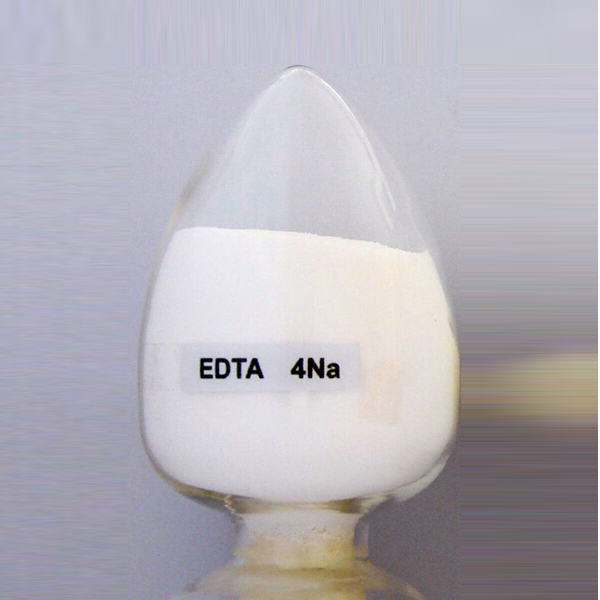
News
Aug . 17, 2024 07:47 Back to list
Safety Data Sheet for Tetrasodium Iminodisuccinate and Its Applications
Understanding Tetrasodium Iminodisuccinate Properties, Applications, and Safety
Tetrasodium iminodisuccinate (TIDS) is a versatile chelating agent that has gained significant attention in various industries, particularly in cleaning products, personal care formulations, and water treatment processes. As environmental concerns about traditional phosphonate-based chelating agents have grown, TIDS has emerged as a sustainable alternative due to its biodegradable and non-toxic nature.
Chemical Structure and Properties
Tetrasodium iminodisuccinate is a derivative of iminodisuccinic acid, which features a complex structure enabling it to bind to metal ions effectively. Its chemical formula is C8H8N2O8Na4, and it is often presented as a white or pale yellow granular or powdery substance. Its solubility in water is a key property that facilitates its use in various aqueous applications.
The unique chelating properties of TIDS allow it to form stable complexes with metal ions, thereby preventing the adverse effects of scale formation, which is critical in many cleaning and formulation processes. TIDS effectively binds with metals like calcium, magnesium, and iron, which are commonly found in hard water, enhancing the overall performance of cleaning agents and detergents.
Applications of Tetrasodium Iminodisuccinate
1. Cleaning Products TIDS is increasingly used in laundry detergents, dishwashing liquids, and all-purpose cleaners. By chelating hard water ions, it improves the efficacy of surfactants in these products, leading to better performance in removing stains and residues.
2. Personal Care In cosmetics and personal care formulations, TIDS serves as a stabilizer for active ingredients and assists in maintaining product integrity over time. It is commonly found in shampoos, conditioners, and skin care products where its ability to bind metals can enhance product stability.
tetrasodium iminodisuccinate sds

3. Water Treatment The use of TIDS in water treatment processes has gained traction due to its ability to mitigate scaling and corrosion. It can be utilized in cooling towers, boilers, and other industrial water systems to improve efficiency and prolong equipment life.
Environmental Impact and Safety
One of the primary advantages of Tetrasodium iminodisuccinate is its environmentally friendly profile. Unlike traditional phosphonates, which can lead to nutrient pollution and contribute to eutrophication in aquatic environments, TIDS is readily biodegradable. This characteristic makes it a preferred choice for manufacturers aiming to develop ‘green’ formulations that meet sustainability criteria.
Safety is another essential consideration in the use of TIDS. According to the Safety Data Sheet (SDS), TIDS is classified as non-hazardous, showing low toxicity levels for humans and animals. In occupational settings, the use of protective equipment is advisable, although the risks associated with handling TIDS are relatively low compared to many conventional chelating agents.
Future Prospects
With the growing shift towards sustainability and the need for environmentally friendly alternatives, Tetrasodium iminodisuccinate is poised for increased adoption across various sectors. Research into its effectiveness and potential new applications continues, promising exciting developments in formulations that are not only effective but also safe for the environment.
In conclusion, Tetrasodium iminodisuccinate is a powerful and environmentally friendly chelating agent that serves multiple functions across diverse industries. Its ability to enhance product performance while being safe for both human use and the environment makes it a valuable asset in the quest for sustainable and effective solutions in cleaning, personal care, and water management applications. As industries continue to prioritize sustainability, the relevance of TIDS will likely continue to grow, shaping the future of formulation chemistry.
-
Polyaspartic Acid Salts in Agricultural Fertilizers: A Sustainable Solution
NewsJul.21,2025
-
OEM Chelating Agent Preservative Supplier & Manufacturer High-Quality Customized Solutions
NewsJul.08,2025
-
OEM Potassium Chelating Agent Manufacturer - Custom Potassium Oxalate & Citrate Solutions
NewsJul.08,2025
-
OEM Pentasodium DTPA Chelating Agent Supplier & Manufacturer High Purity & Cost-Effective Solutions
NewsJul.08,2025
-
High-Efficiency Chelated Trace Elements Fertilizer Bulk Supplier & Manufacturer Quotes
NewsJul.07,2025
-
High Quality K Formation for a Chelating Agent – Reliable Manufacturer & Supplier
NewsJul.07,2025
